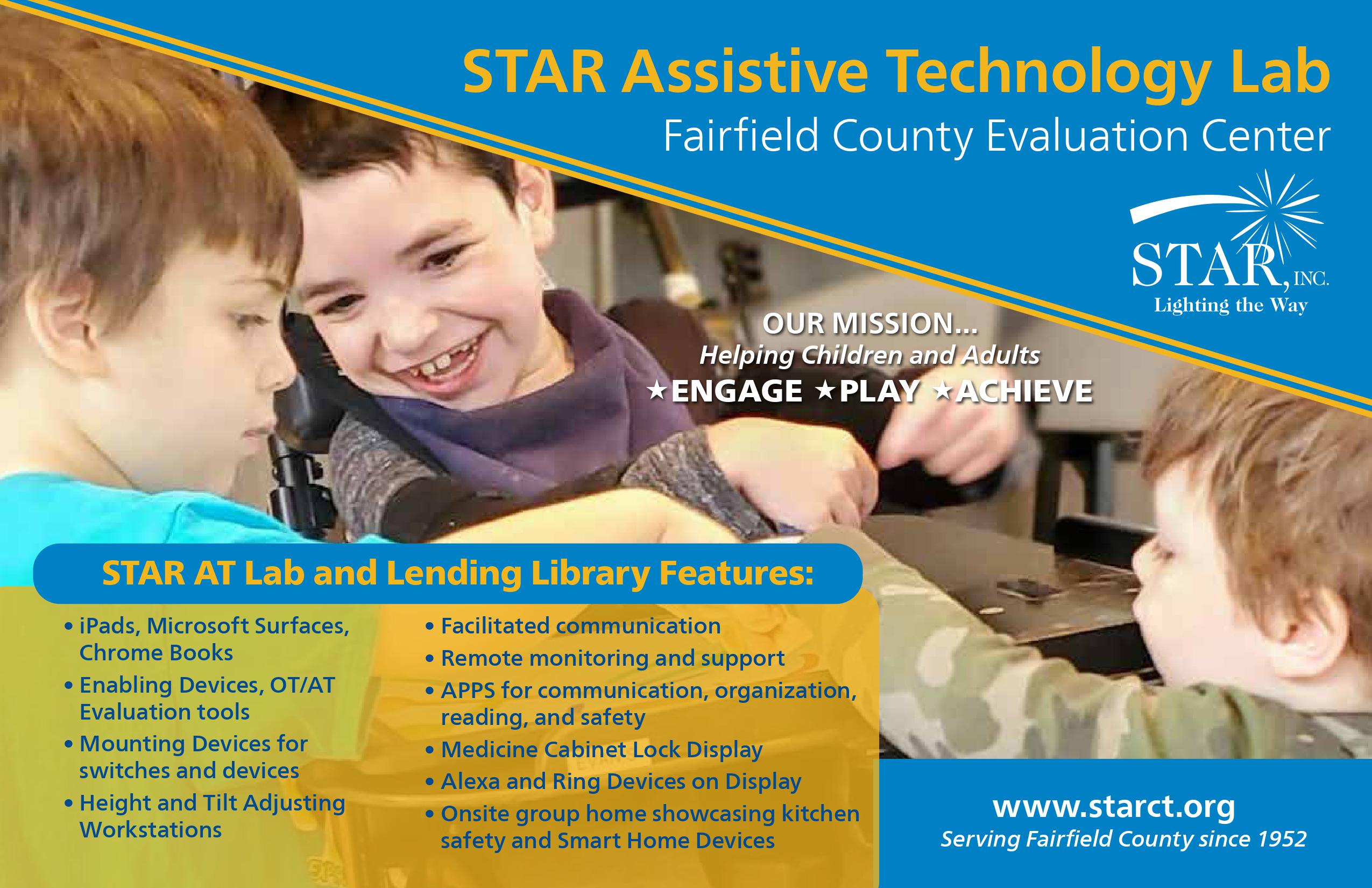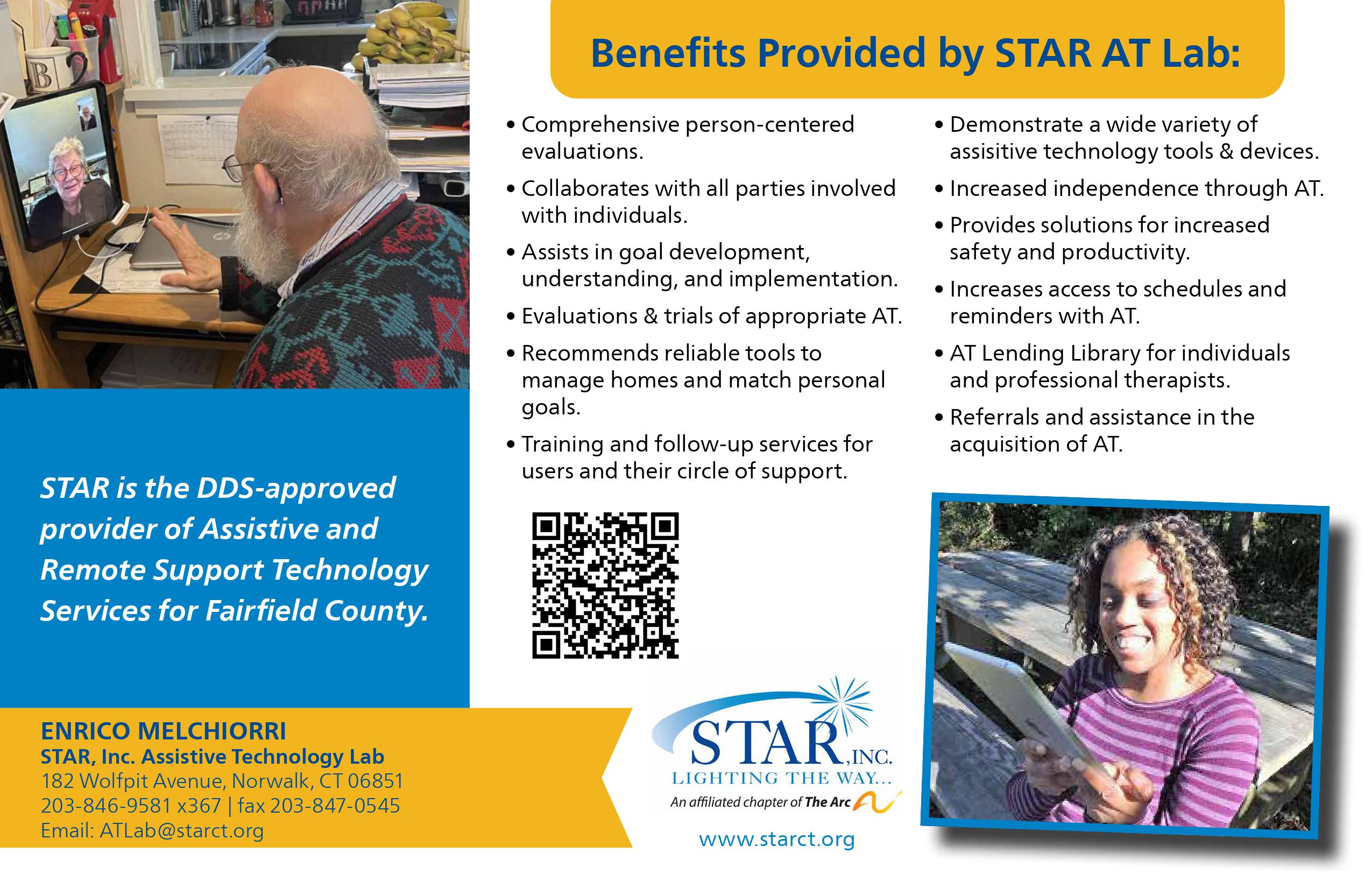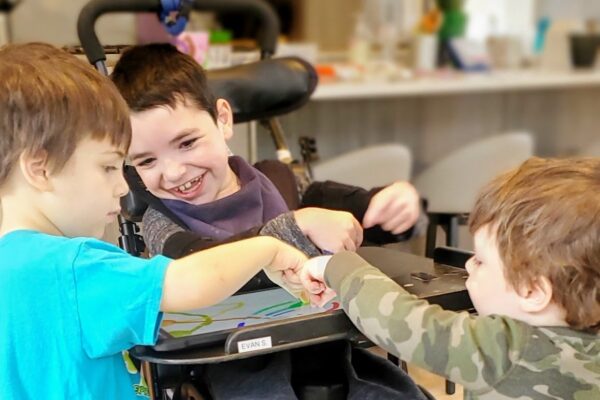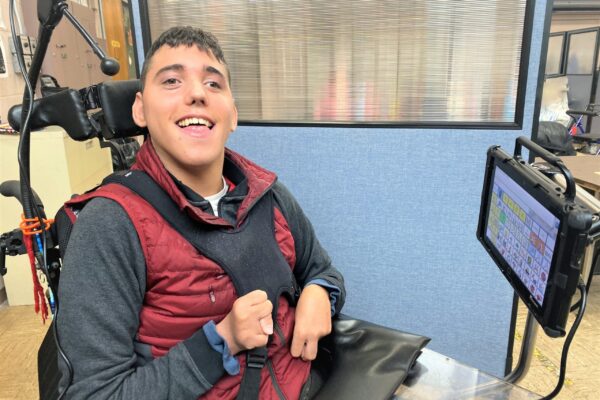

Enhancing Lives of Individuals with
Intellectual and Developmental Disabilities
What is Assistive Technology?
Assistive technology refers to any device, system, or equipment that enhances or supports the abilities of individuals with disabilities. It encompasses a wide range of products and devices, such as wheelchairs, communication devices, and home automation systems.
The Importance of Assistive Technology for Individuals with IDD
Individuals with IDD often struggle with various communication, mobility, and cognitive disabilities. Assistive technology plays a vital role in addressing these challenges by providing them with the necessary support to overcome obstacles and participate fully in daily activities.
Communication and Language Development
One of the primary areas where assistive technology can make a difference for individuals with IDD is in the realm of communication. Devices such as augmentative and alternative communication (AAC) systems enable individuals with limited verbal abilities to convey their thoughts and emotions effectively. AAC systems can include electronic communication devices, speech-generating devices, and sign language interpreters.
Mobility and Independence
Individuals with IDD often have mobility issues that hinder their independence. Assistive technology devices such as wheelchairs, walkers, and mobility scooters provide mobility and freedom, allowing individuals with physical disabilities to navigate their environment independently. These devices not only enhance mobility but also promote social interaction and overall well-being.
Education and Employment
Assistive technology also plays a vital role in education and employment for individuals with IDD. Devices such as screen readers, text-to-speech software, and text enlargement software enable individuals with visual impairments to access educational materials and navigate digital platforms. Additionally, specialized software and training can help individuals with IDD enhance their cognitive abilities and work skills, leading to increased independence and employment opportunities.
Benefits of Assistive Technology for Individuals with IDD
1. Enhanced Communication: Assistive technology promotes effective communication, enabling individuals with IDD to express their needs and opinions.
2. Improved Mobility: These devices enhance mobility, allowing individuals with physical disabilities to explore their environment and engage in daily activities.
3. Enhanced Learning: Assistive technology provides accessibility and support to individuals with IDD, enabling them to participate fully in education and employment opportunities.
4. Increased Independence: Assistive technology empowers individuals with IDD to live more independently and actively participate in their community.
5. Reduced Isolation: Assistive technology facilitates social interactions and connections, reducing feelings of isolation and loneliness.
In conclusion, assistive technology can significantly improve the lives of individuals with Intellectual Disabilities (IDD) by addressing communication, mobility, and cognitive challenges. By providing the necessary support and promoting independence, assistive technology empowers individuals with IDD to lead fulfilling lives and engage with their communities on equal terms.






